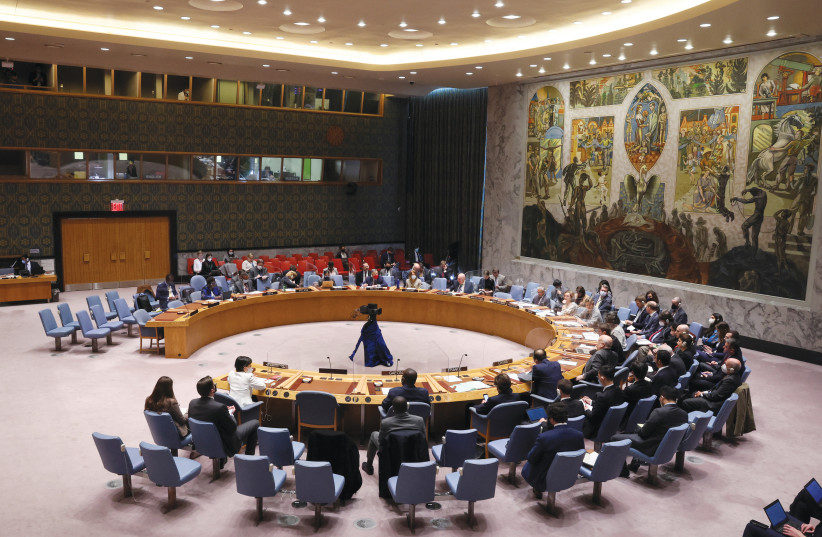As the war in Ukraine grinds on, Vladimir Putin has fully exposed who he is and what he is capable of. He does not care a whit about causing massive and extreme human suffering. Much to the world’s horror, he looks to be Hitler’s evil twin – with nuclear weapons.
Putin craves power through hegemony. He will not be satisfied by anything short of victory, and even a total victory in Ukraine may not preclude his invading additional countries. Odds are that he will not stop until either the Russian people or the international community stops him. The former is not likely in the foreseeable future.
The US and its NATO allies have generously supplied armaments and funds to the Ukrainians and imposed tough sanctions on Russia. But, as the savaged corpses strewn about Bucha and elsewhere in Ukraine demonstrate, the aid has thus far not been enough.
While such assistance should of course continue, another tactic is also available for use without propelling NATO and Russian military pilots into dogfights. That is a UN armed humanitarian intervention organized on an emergency basis. It is a real option that neither the media nor policymakers are discussing, at least not out loud.
It is normally the Security Council that authorizes this kind of measure. Russia, as a permanent member of the Council, will certainly exercise its veto against intervention. However, a legal mechanism exists to do an end-run around a deadlocked Security Council in this situation. It is aptly called Uniting for Peace and enables the General Assembly to authorize and deploy an armed intervention of peacekeepers to halt atrocities and hostilities in war-torn nations.

On this occasion, there is reason to believe that the mechanism may ultimately garner the necessary General Assembly support. That body has already invoked Uniting for Peace to meet in emergency special session and passed resolutions condemning the invasion, demanding protection of civilians, and insisting on Russia’s immediate withdrawal from Ukraine.
The General Assembly seems primed for taking Uniting for Peace to the next level. Some friendly public and governmental pressure might decisively move the Assembly to do so sooner rather than later.
With a UN armed intervention, the Ukrainians would no longer be fighting it out alone on the battlefield. They would be reinforced by troops drawn from the around the globe, dedicated to the deliverance of Ukraine and the defense of democracy.
In the end, perhaps no better case can be made for intervention than by reiterating Ukraine President Volodymyr Zelensky’s anguished, biting words to the Security Council: “Are you ready to close the UN? Do you think the time of international law is gone? If your answer is no, then you need to act immediately.” Intervention through Uniting for Peace should now be that action.
The writer is a law professor at Michigan State University College of Law, where she teaches international human rights law, constitutional law and evidence.
